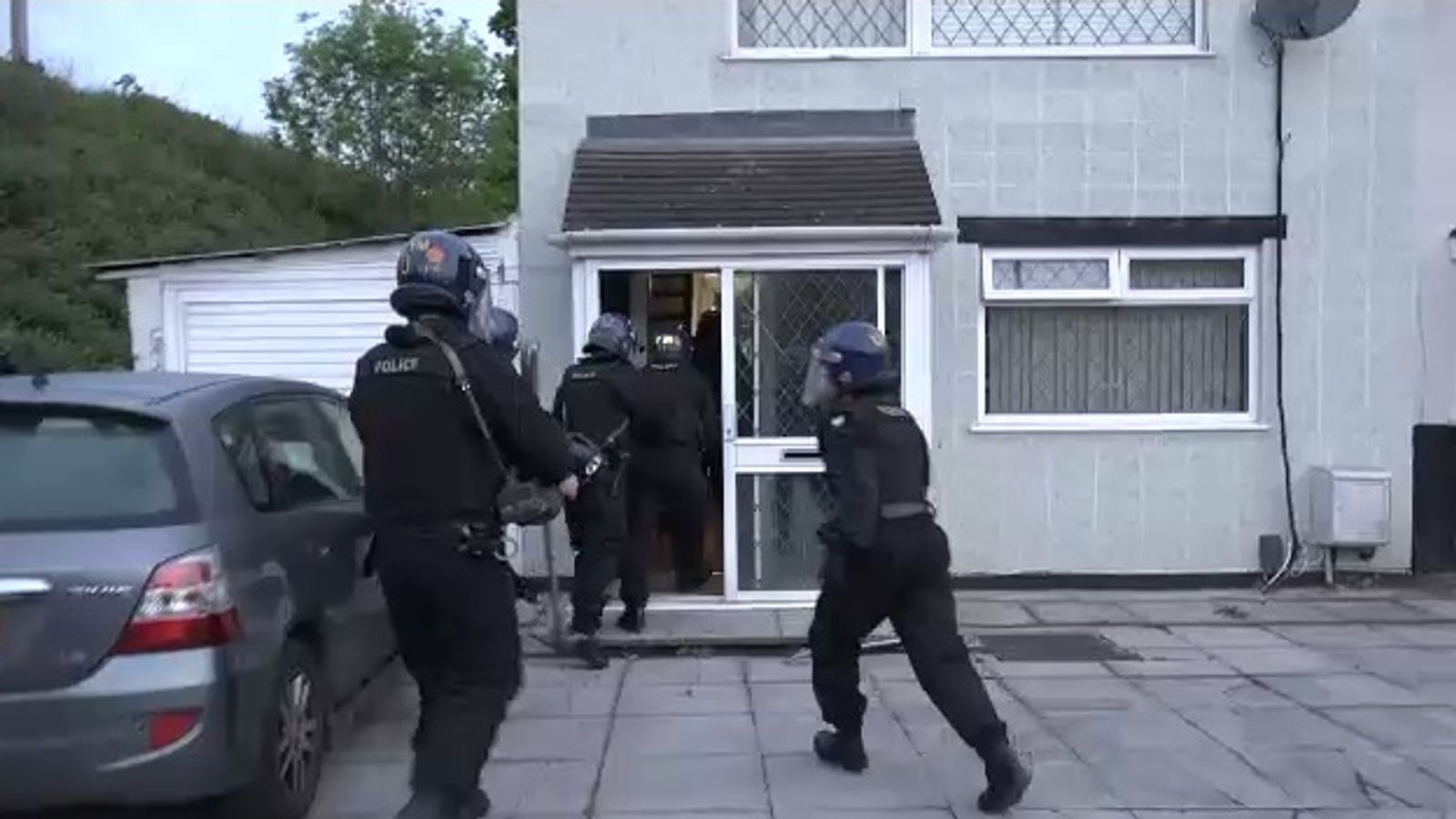The House and Senate have left town. But there’s still an impasse on spending, as Congress stares down the Sept. 30 deadline to fund the government — or shut it down.
House: House Republican plans to vote on defense spending this week disintegrated due to divisions within the GOP conference. The bill was yanked from the schedule when it became clear there weren’t enough Republicans on board for even the procedural votes.
Senate: The Senate’s good vibes (smooth procedural votes) came to a screeching halt Thursday with Ron Johnson (R-Wis.) blocking action on amendments — which would have been equally divided between Republicans and Democrats. Johnson objects to tying together bills to fund the departments of Agriculture and Transportation with the bill that would set spending for military construction and the Department of Veterans Affairs.
He wasn’t alone in his objection. Mike Lee (R- Utah) posted Thursday night that Johnson “deserves credit for standing on principle, and should be thanked for his dedication” in the face of what he sees as a leadership, not member, driven process.
Time’s up? Congress will have to face the music: The time for moving on the individual (or packages of) fiscal 2024 spending bills has functionally passed. Getting 12 spending bills passed through both chambers in just eight legislative days is a pipe dream, given that the House’s GOP-led bills can’t pass the Democratic Senate (and vice versa).
Speaker Kevin McCarthy has promised that when the House comes in next week they’ll stay in Washington until the government is funded. The threat of weekend work could be a bigger motivator than a shutdown.
What’s next: Behind closed doors, members of some of the different factions within the House GOP are discussing a stopgap government funding bill that could satisfy much of the Republican Conference. But a Republican-only continuing resolution faces the same brick wall in the Senate as their other spending bills.







